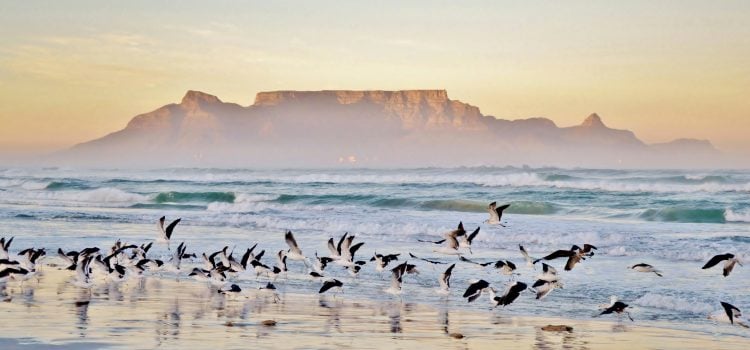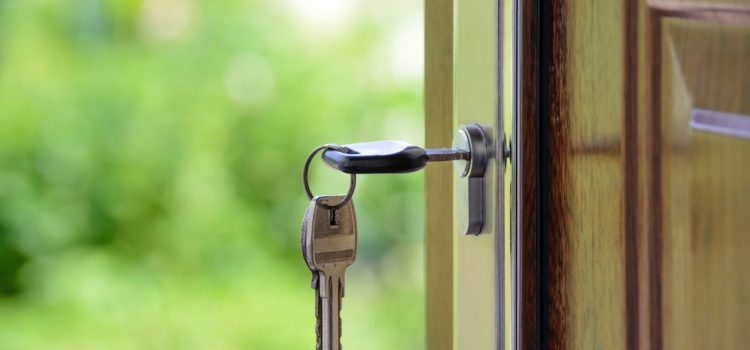24 August 2020
The City has developed a Best Practice Guideline for Trees for property owners, officials, developers, architects, planners and residents on how to protect, enhance and manage our trees. This guideline is now available online.
Trees complement Cape Town’s natural landscape and aesthetic backdrop and form part of the city’s ‘green infrastructure’. Growing and expanding the city’s urban forest will also assist Cape Town in becoming more resilient and adaptable to climate change.
‘Not only do they absorb traffic noise pollution, trees also provide windbreaks, privacy and shade, and they cool hot areas – a critical function in cities where roads and buildings create heat islands. They capture carbon and produce oxygen, release moisture into the atmosphere, and create habitats and safe refuge for other organisms. All of us have every reason to become tree activists and I encourage residents to go online and see what this guideline has to offer,’ said the City’s Mayoral Committee Member for Spatial Planning and Environment, Alderman Marian Nieuwoudt.

The guideline, developed by the City’s Environmental Management and Recreation and Parks Departments as part of our Green Infrastructure Programme, is available on the City’s website and can be viewed or downloaded from https://bit.ly/CCT-TreeGuide.
The guideline offers easy to understand graphics on how to prune, plant, transplant and build around a tree, and tips for mulching and trenching, for example.
Other useful information offered in the guideline:
- guidance about trees that may not be removed without prior approval;
- how to protect existing trees;
- the maintenance and pruning of trees;
- the transplanting of trees as opposed to felling;
- how to protect trees on construction sites; and
- the controlling of invasive alien species

‘Residents can refer to the guideline for sound advice on which species are best suitable to Cape Town’s conditions. For example, when choosing a tree, opt for a water-wise, indigenous one or resilient species, also keeping in mind its wind tolerance, the sun direction, water table, irrigation and drainage, the soil type, rate of growth, canopy size, deciduous or evergreen, and the size of the planting space. This is an excellent contribution to ensure we all work together to improve our green infrastructure and to create a sustainable urban environment,’ said Alderman Nieuwoudt.
Trees provide many social, ecological and economic benefits, and enhance Cape Town’s natural and built environments and cultural landscape.
Whether trees are indigenous or exotic (non-invasive), collectively, they form part of our urban forest and have increasing importance in our response to climate change.
‘With projections of increased temperatures and heatwaves in Cape Town, the shade and thermal comfort provided by trees will become increasingly important as part of the City’s climate change adaptation response. We need to make a concerted effort to limit damage to, or the destruction of trees, and must promote the planting of new ones during planning and development processes,’ said Alderman Nieuwoudt.

The guideline also provides lists of:
- protected tree species in terms of the National Forests Act
- Champion tree species for Cape Town in terms of the National Forests Act
- NEMBA category 1a trees to be removed and destroyed immediately in terms of the National Environment Management Biodiversity Act
- CARA category 1 trees to be removed and destroyed in terms of the Conservation of Agricultural Resources Act
- Targeted invasive trees which, by law, need to be removed in Cape Town
- Guidelines for species selection
‘It is important that we protect our existing trees and plant new ones to increase our urban forest, recognising the many recreational and health benefits that trees provide. A recent tree inventory using colour infrared imagery (CIR) showed that Cape Town’s tree canopy cover is lower than optimal relative to other cities, and that we need to make an effort to increase this. Residents play a crucial role in assisting us with this effort,’ said Councillor Zahid Badroodien, the City’s Mayoral Committee Member for Community Services and Health.
End
Published by:
City of Cape Town, Media Office



